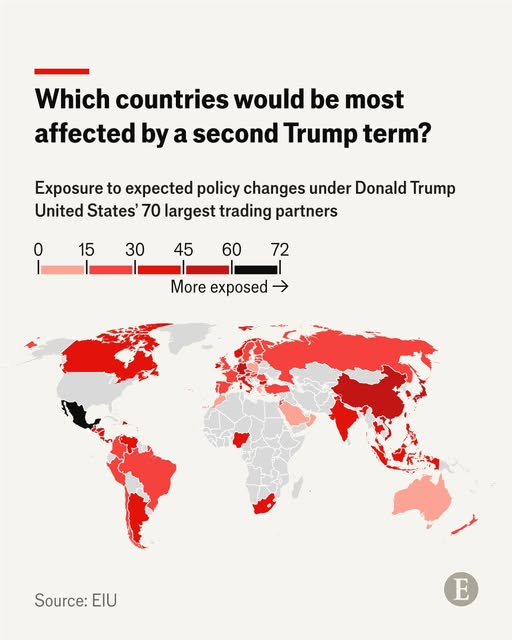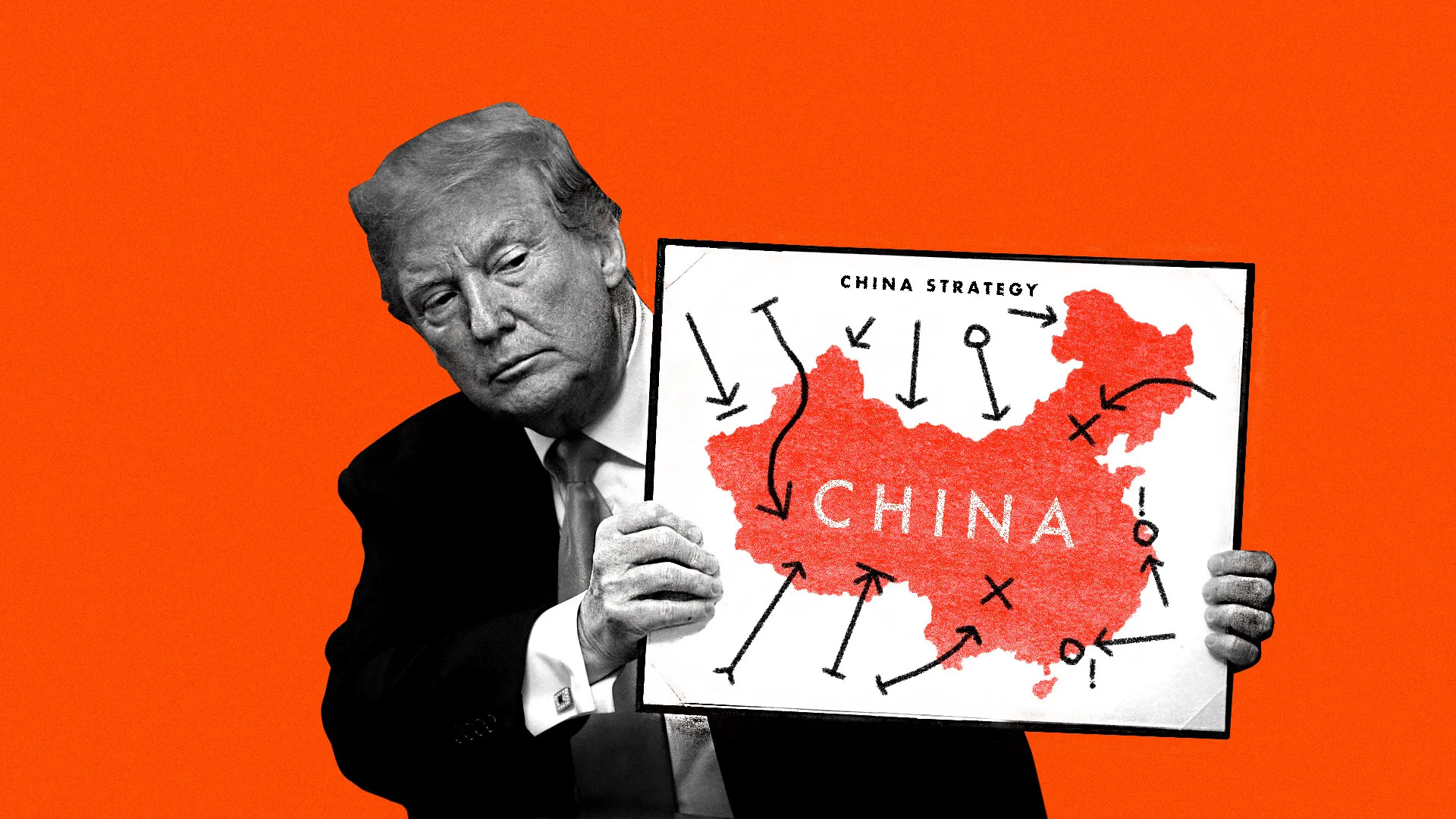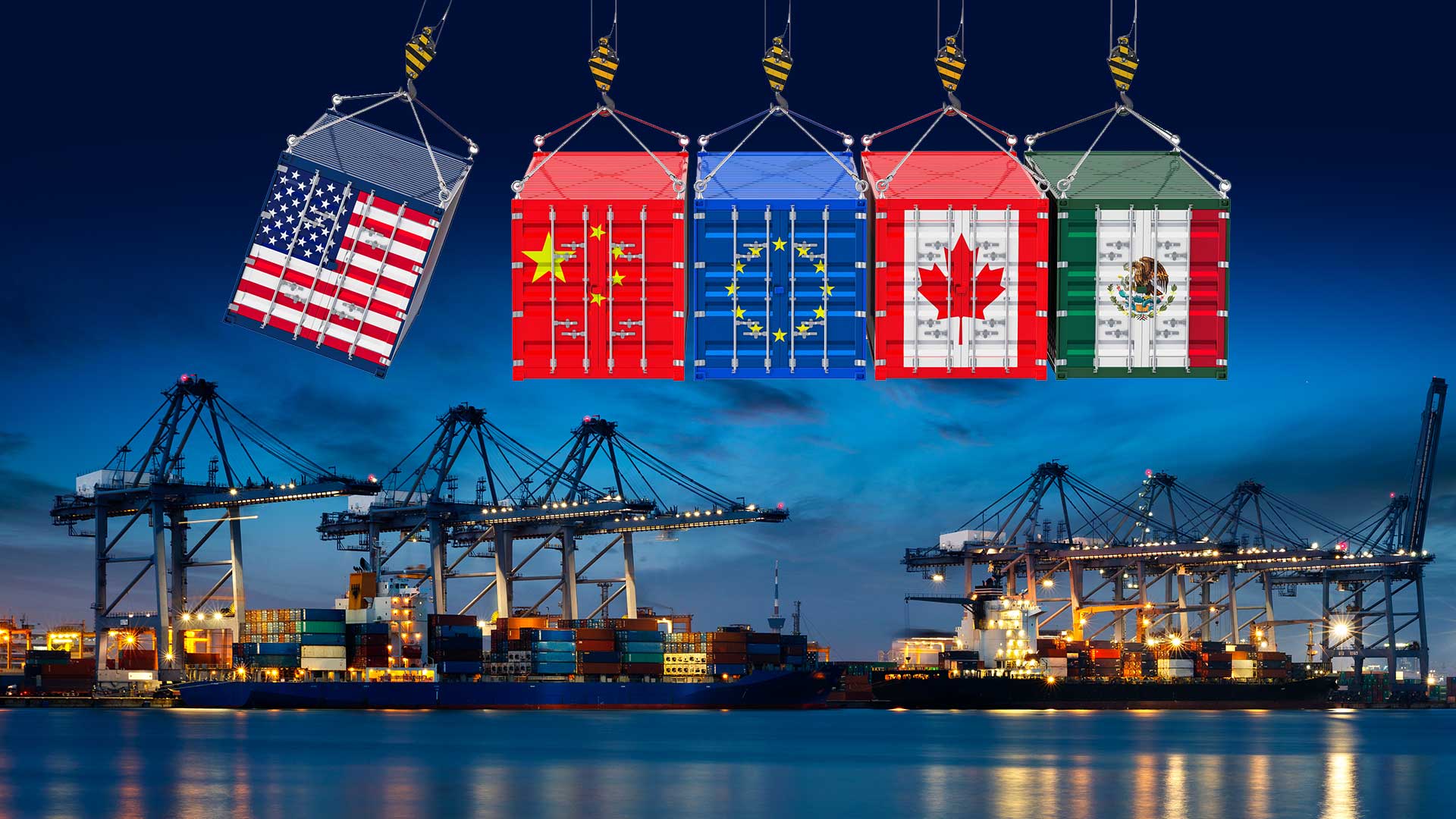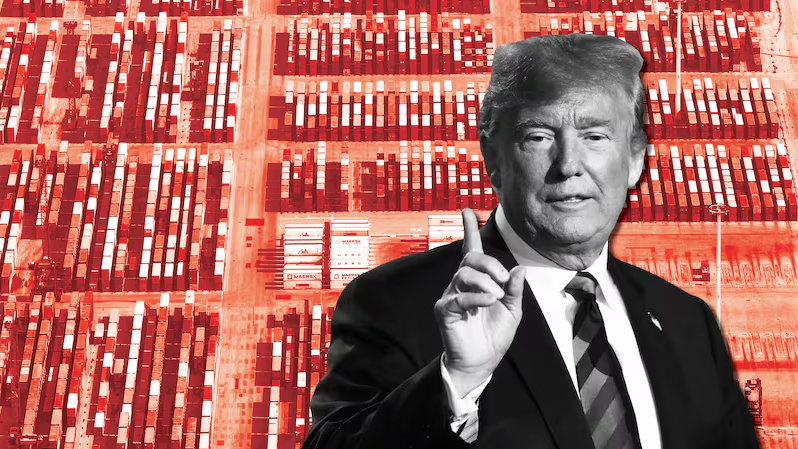
Han Liqun, Researcher, China Institutes of Contemporary International Relations
Jan 07, 2025
During his first campaign for office, Trump’s threat to impose tariffs on China was dismissed by many as a rhetorical flourish, not serious policy. Today, his threat to impose a 60 percent tariff on Chinese goods or revoking China’s most favored nation status must be regarded as credible and actionable.
He Weiwen, Senior Fellow, Center for China and Globalization, CCG
Jan 03, 2025
The two major powers should go beyond their differences and work together to advance global industry and offer even greater joint contributions — finding new ways to secure a peaceful, mutually beneficial relationship.
Joseph S. Nye, Professor, Harvard University
Dec 27, 2024
Prediction is always difficult, but doubly so in the case of the US president-elect. Donald Trump not only speaks loosely and changes his positions often; he al

Warwick Powell, Adjunct Professor at Queensland University of Technology, Senior Fellow at Beijing Taihe Institute
Dec 24, 2024
America’s best-laid plans to change China have clearly failed over the decades. The question now is whether Donald Trump can rise above that history and meet China on its own terms. If not, the incoming occupant of the White House will sadly preside another failed episode of fruitless U.S. ambitions to conquer China.
Zhang Yun, Professor, School of International Relations, Nanjing University
Dec 24, 2024
The election of Donald Trump to a second term signals that the United States will temporarily step back from the next wave of globalization. As a consequence, Japan’s future security will lie in its deep integration into the processes of globalization and regional integration. This raises an opportunity for improving China-Japan relations.

Dan Steinbock, Founder, Difference Group
Dec 20, 2024
The Trump White House is likely to ignite another round of inflation in new trade and tech wars. And that could drive U.S.-China ties to the edge.

Ma Xue, Associate Fellow, Institute of American Studies, China Institutes of Contemporary International Relations
Dec 13, 2024
Trump’s old concept of tariffs originates in U.S. policies from the 19th century. He believes that he excels in the art of creating a “level playing field” to generate jobs at home. But what he is proposing would be the highest tariff level since the Great Depression.

Li Yan, Director of President's Office, China Institutes of Contemporary International Relations
Dec 13, 2024
Domestic political turmoil in the United States is probable and will, in turn, likely constrain the incoming president’s foreign policy. It may ignite fierce infighting — so much that even many Republicans worry that the U.S. could return to isolationism.

Sourabh Gupta, Senior Fellow, Institute for China-America Studies
Dec 13, 2024
Donald Trump’s trade policies have been characterized by an aggressive use of tariffs, driven by his belief in balancing bilateral trade and prioritizing American production. While these measures have reshaped trade dynamics and escalated protectionism within the U.S., they have also inadvertently strengthened China's global economic position and highlighted the limitations of decoupling efforts.

Zhou Xiaoming, Former Deputy Permanent Representative of China’s Mission to the UN Office in Geneva
Dec 13, 2024
BRICS countries, with a combined GDP approximately 1.5 times that of the United States, can be expected to retaliate against promised U.S. tariffs. These countries — many of which are major traders with China — are likely to make Donald Trump regret his bellicose bullying.